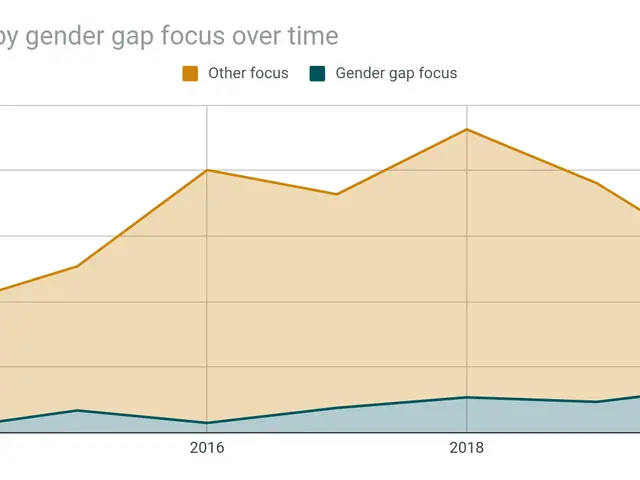U.S. Workers Face Unpredictable Schedules, Stable Income Crisis
Many American workers face unpredictable schedules and unstable incomes. A recent survey reveals that only 40% of workers consider their jobs 'high-quality'. This issue is exacerbated by the lack of advance notice for work hours and limited control over schedules, with 62% of workers affected. These conditions can lead to serious health issues and financial instability.
The current labor laws in the U.S. often fail to protect workers from the adverse effects of unpredictable scheduling. Employees are frequently not informed of their work hours even a week in advance, making it challenging to plan their personal lives or manage their finances. This lack of control over schedules can result in increased stress, reduced job satisfaction, and high turnover rates.
Working over 50 hours a week, a common occurrence in such environments, can have severe consequences on one's health. It can elevate the risks of cardiovascular disease, diabetes, depression, and alcoholism. Moreover, shifting the burden of fluctuating consumer demand onto workers by paying for output rather than hours worked exacerbates these issues.
To address these challenges, lawmakers like Senator Bernie Sanders and Congresswoman Patty Murray have proposed modernizing labor laws. They suggest regulating scheduling and pay to stabilize incomes. Proposed bills such as the 'Workplace Democracy Act' and the 'Schedules That Work Act' aim to combat unpredictable work hours and ensure fair compensation.
Reforming labor laws to regulate scheduling and pay could significantly improve the quality of jobs in the U.S. While these changes would not reduce employment, they could help curb high turnover rates and boost productivity. By providing workers with more control over their schedules and ensuring stable incomes, these reforms could lead to a healthier, more satisfied workforce.
Read also:
- India's Agriculture Minister Reviews Sector Progress Amid Heavy Rains, Crop Areas Up
- Sleep Maxxing Trends and Tips: New Zealanders Seek Better Rest
- Over 1.7M in Baden-Württemberg at Poverty Risk, Emmendingen's Housing Crisis Urgent
- Cyprus, Kuwait Strengthen Strategic Partnership with Upcoming Ministerial Meeting







